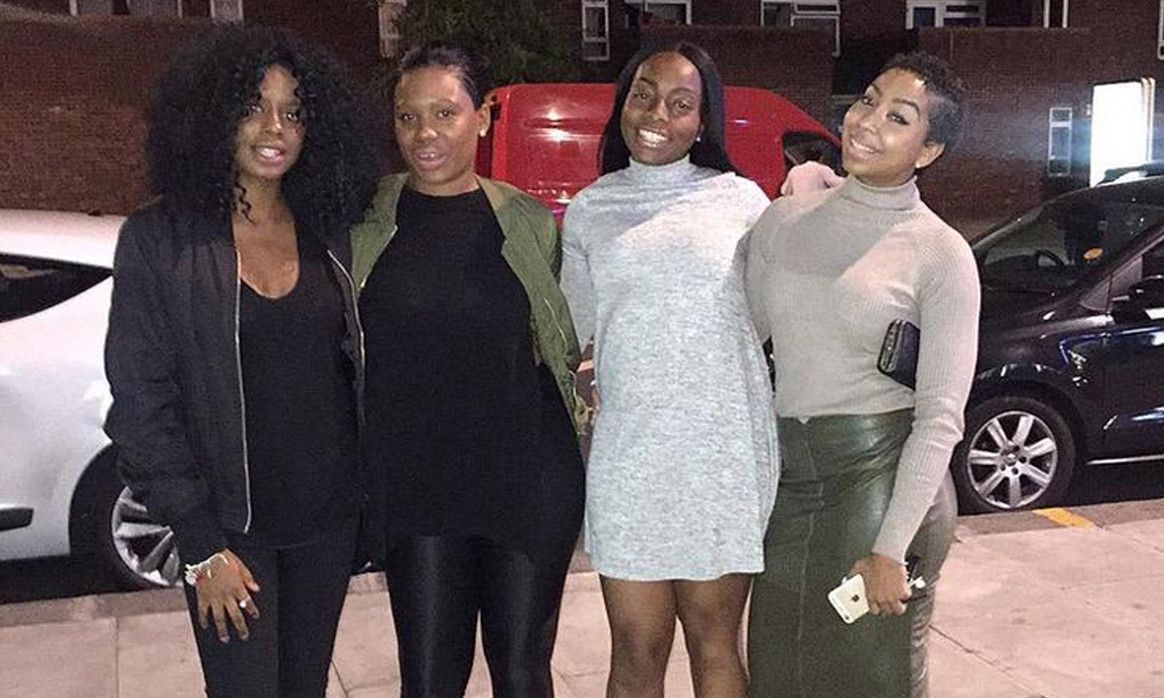Dstrkt Night Club's Colorism is, Unfortunately, No Surprise

If anyone wanted to know the worst way to handle a PR disaster, West End nightclub Dstrkt seems determined to be everyone’s new favourite example. If the allegations that a promoter lined up black women in view of CCTV (so a club boss could decide who could come inside) aren’t bad enough, the idea some were dismissed for being both “too dark” and “too fat” tips the story over the edge. Instead of anything resembling an apology, or even a simple denial, the club insisted on radio silence for days before sharing old Facebook posts from one of the women who accused them, in an attempt to discredit her. While the posts – jokes that revolve around colourism in the black community – are misguided at best, tedious at worst, they don’t take away from the fact that dozens of black women on social media have said that they too have been turned away from Dstrkt in the past. London clubs (not to mention landlords and workplaces) have had racist door policies for as many years as they’ve existed – the accusations are not only unsurprising, they’re practically expected. Racism is structural. Why wouldn’t those structures filter down to something as basic as going out clubbing?
On the Dstrkt Facebook page, I was struck with how many people were totally dismissive of the claims. For black women like me, however, nothing about the story was unbelievable. I never really did the clubbing thing – I think I burnt myself out sneaking into raves by the time I turned 18 – but I still found the few times I dragged myself to mainstream clubs totally demoralising. For those of us at the intersection of being both black and female, microaggressions like being turned away from clubs for simply looking like we do are a more than common occurrence.
Photo: Instagram @zezemillz
No comments: